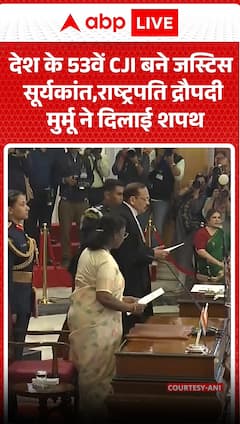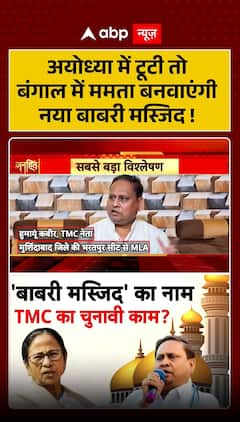Byju’s Pays March Salary Partially Before NCLT Hearing: Report
The company will also be facing a hearing at the National Company Law Tribunal (NCLT) on Tuesday regarding the oppression and mismanagement plea submitted by four investors of the firm

Indian edtech start-up, Byju’s, reportedly has disbursed partial salaries to the employees for March. Earlier the firm said that it is paying some part of the salaries for both February and March owing to cash constraints.
A report by Moneycontrol cited sources and said that the edtech company cleared partial dues to employees for March. The report quoted a source and said, “Initially, when they started processing (salaries), they paid full salaries to two teams - IRT (issue resolution team) and BTC (Byju’s Tuition Centres). After that no one received (any salary) and recently (on April 20) the remaining people received half of the salaries.”
The company will also be facing a hearing at the National Company Law Tribunal (NCLT) on Tuesday regarding the oppression and mismanagement plea submitted by four investors of the firm. These investors include Prosus NV, Peak XV Partners, General Atlantic, and Sofina SA.
The plea has been filed in opposition to the start-up’s decision to raise $200 million at a valuation of $225 million. This valuation was 99 per cent lower than the valuation of $22 billion given by the firm in the last funding round.
Founder Byju Raveendran has personally raised debt to make the payments for March, the report stated. “The company has made salary payments in the range of 100 to 50 percent to all employees. Teachers and lower salary grade staff have been paid in full and the rest have received at least 50 percent of their dues for March,” the report noted citing the source.
Also Read : Hiring Alert: Apple May Create 5 Lakh Jobs In India In 3 Years
The NCLT has blocked the firm from utilising the funds from its recently concluded rights issue till the pending case is not disposed. Earlier, Byju’s said it will pay the balance pending for February salaries once it is allowed to use the funds from the rights issue.







































